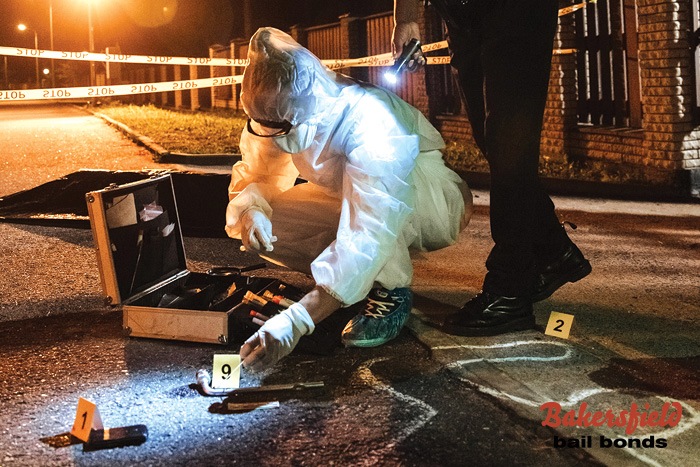
Some states have a charge that they call reckless homicide. Cases involving reckless homicide involve situations where a person’s death was attributed to either the defendant behaving in a reckless or negligent fashion or because they failed to act in a reasonable manner which led to the death of another person.
When you go through the laws in California, you won’t find a reckless homicide charge. Instead, the state prefers involuntary manslaughter.
One of the reasons California lawmakers opted for involuntary manslaughter over reckless homicide is because it creates a situation where they can use one charge to deal with two different issues: reckless homicide and negligent homicide. Dropping the word homicide and replacing it with manslaughter also gives the charges a slightly less negative connotation.
In California, involuntary manslaughter cases are always treated as felonies. While the punishment isn’t as severe as a third- or second-degree murder sentence, it’s likely that you’ll still spend some time in jail. The maximum sentence connected to an involuntary manslaughter charge is four years in a state prison and a $10,000 fine.
Unless you decide to plead guilty to an involuntary manslaughter charge right away, the only way the prosecutor will secure a guilty conviction is if they are able to convince the jury that:
- You behaved in a criminally negligent manner (for example, knowing your brakes were extremely bad, but choosing to drive anyway).
- That you behaved in manner that common sense indicates is dangerous/reckless/potentially fatal.
- Acted in a way that clearly led to the death of another person.
It’s important to note that the prosecutor doesn’t have to prove all three things, only one. Most importantly, the prosecution has to prove to the jury that you behaved in a way that was criminally negligent. That your actions weren’t merely careless.
One of California’s most famous cases of involuntary manslaughter involved Michael Jackson’s death. An investigation into Jackson’s death indicated that the pop superstar passed away as a result of a drug that wasn’t properly administered. While the investigation didn’t reveal that Conrad Murray had any malicious thoughts when he provided the drug to Jackson, a jury decided that he did so in reckless manner and found him guilt of involuntary manslaughter. Murray was sentenced to four years in prison but was released after just two.
In most cases of involuntary manslaughter, the criminal charges and potential sentence are just one of the things the defendant must worry about. The family of the individual who passed way will also likely file a wrongful death civil case during which they will likely seek reimbursement for both the actual expenses and punitive costs associated with the loss of their loved one.
